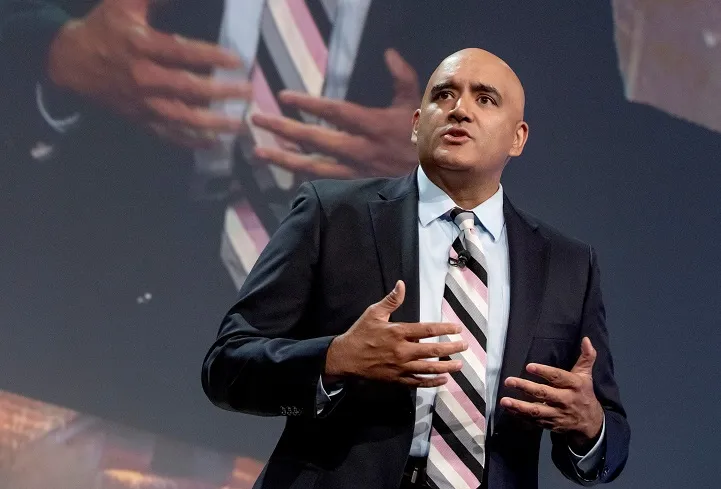Ford Motor Company and Toyota Motor Corporation have announced they will equally collaborate on the development of an advanced new hybrid system for light truck and SUV customers. The two companies also agreed to work together on enablers to complement each company's existing telematics platform standards, helping bring more Internet-based services and useful information to consumers globally.
April 18, 2012
Read time: 2 mins
RSS278 Ford Motor Company and 1686 Toyota Motor Corporation have announced they will equally collaborate on the development of an advanced new hybrid system for light truck and SUV customers. The two companies also agreed to work together on enablers to complement each company's existing telematics platform standards, helping bring more Internet-based services and useful information to consumers globally.
Ford and Toyota have signed a memorandum of understanding (MOU) on the product development collaboration, with the formal agreement expected by next year. Although both companies have been working independently on their own future-generation rear-wheel drive hybrid systems, they believe their collaboration will allow them to bring these hybrid technologies to customers sooner and more affordably than either company could have accomplished alone.
"This agreement brings together the capability of two global leaders in hybrid vehicles and hybrid technology to develop a better solution more quickly and affordably for our customers," said Derrick Kuzak, Ford group vice president, Global Product Development. "Ford achieved a breakthrough with the Ford Fusion Hybrid, and we intend to do this again for a new group of truck and SUV buyers, customers we know very well."
Takeshi Uchiyamada, Toyota executive vice president, Research & Development, said: "In 1997, we launched the first-generation Prius, the world's first mass-produced gasoline-electric hybrid. Since then, we have sold about 3.3 million hybrid vehicles. We expect to create exciting technologies that benefit society with Ford, and we can do so through the experience the two companies have in hybrid technology."
Under the MOU agreement, the two companies will bring the best of their independently developed hybrid powertrain technology and knowledge to a new co-developed hybrid system, which will be used in rear-wheel-drive light trucks arriving later this decade.
Ford and Toyota have signed a memorandum of understanding (MOU) on the product development collaboration, with the formal agreement expected by next year. Although both companies have been working independently on their own future-generation rear-wheel drive hybrid systems, they believe their collaboration will allow them to bring these hybrid technologies to customers sooner and more affordably than either company could have accomplished alone.
"This agreement brings together the capability of two global leaders in hybrid vehicles and hybrid technology to develop a better solution more quickly and affordably for our customers," said Derrick Kuzak, Ford group vice president, Global Product Development. "Ford achieved a breakthrough with the Ford Fusion Hybrid, and we intend to do this again for a new group of truck and SUV buyers, customers we know very well."
Takeshi Uchiyamada, Toyota executive vice president, Research & Development, said: "In 1997, we launched the first-generation Prius, the world's first mass-produced gasoline-electric hybrid. Since then, we have sold about 3.3 million hybrid vehicles. We expect to create exciting technologies that benefit society with Ford, and we can do so through the experience the two companies have in hybrid technology."
Under the MOU agreement, the two companies will bring the best of their independently developed hybrid powertrain technology and knowledge to a new co-developed hybrid system, which will be used in rear-wheel-drive light trucks arriving later this decade.







